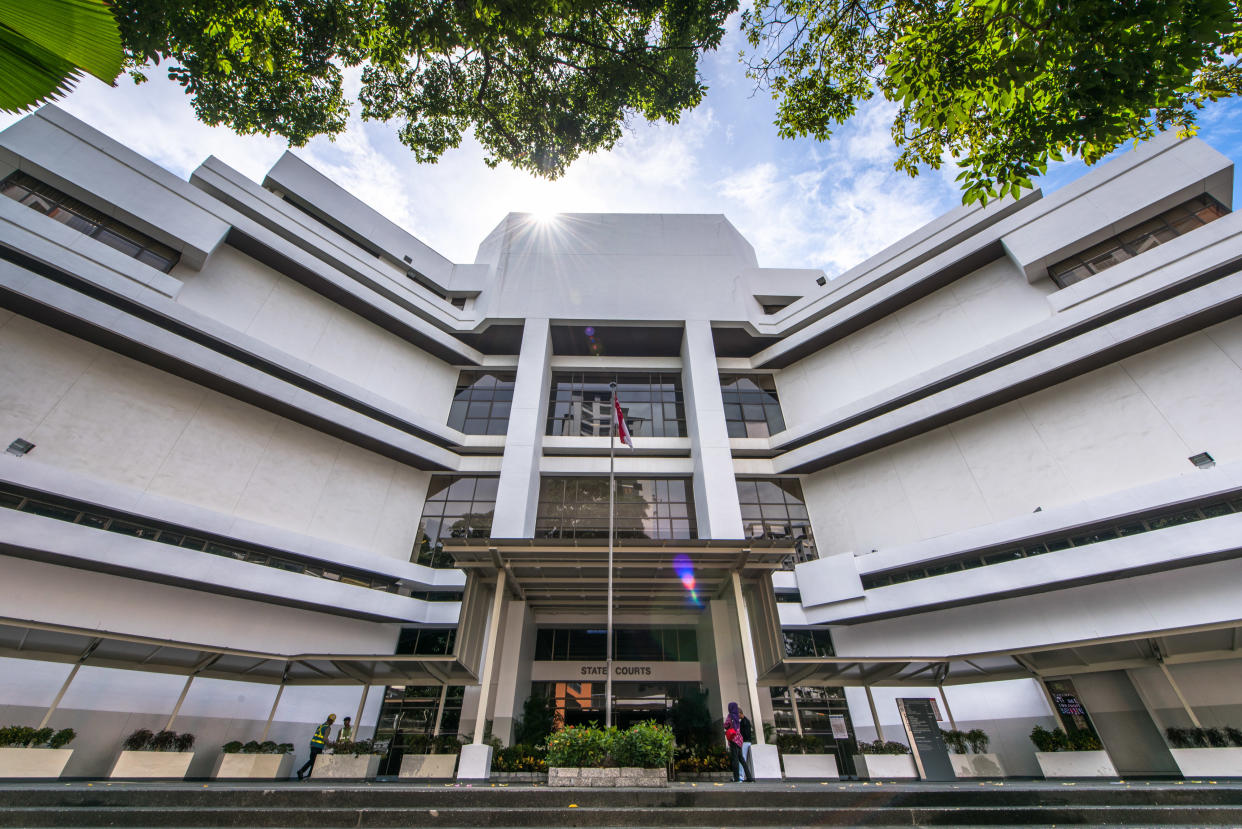Singaporean woman who was involved in US Navy corruption scandal jailed

A Singaporean woman who worked for the United States Navy was jailed two years and nine months on Friday (6 July) for accepting $130,000 bribes from a defence contractor in exchange for confidential information provided by her.
Gursharan Kaur Sharon Rachael, 57, pleaded guilty on 30 June last year to three charges of corruption and one charge of using the bribe money. Three other related charges were taken into consideration.
Court documents show Kaur had accepted the bribes between 2006 and 2011 while she was employed to handle contracts at the US Navy’s Supply Systems Command Fleet Logistics Centre based in Singapore. Kaur was hired by the US Navy in 1991 and resigned in early 2015.
She had leaked information related to 16 US Navy contracts to Malaysian Leonard Glenn Francis, CEO of Glenn Defense Marine Asia (GMDA), a Singapore-registered company.
Francis was embroiled in a decade-long corruption scandal when he bribed US Navy personnel to direct US Navy vessels to ports where GMDA had a presence and provide information which enabled GMDA to win contracts. Francis also bribed insiders from the US Naval Criminal Investigations Service to avoid detection.
He showered the personnel with gifts worth millions of dollars in the form of cash, luxury hotel stays, prostitution services, and alcohol, among other things. Twelve US Navy officials had pleaded guilty in the US, including decorated Rear Admiral Robert Gilbeau. Francis was convicted in the US on 15 January 2015 and is in custody there.
With the information provide by Kaur, GMDA bid for 14 contracts and won 11 of them, which were worth a total of US$48 million (S$65.4 million).
In December 2008, Francis sent Kaur a Christmas hamper containing 50 pieces of $1,000 notes on his own accord, telling her that it was a “Christmas bonus”.
In April 2009, Kaur and her husband decided to buy a $1 million condominium unit in Singapore. She did not have enough cash to pay a fee for her purchase and asked Francis for $50,000 in cash. Francis arranged for his driver to pass Kaur the money on the day itself.
Kaur told her husband she had borrowed the money from a friend. The couple later sold the unit for a profit of over $200,000.
In August 2011, Kaur went on a holiday with her best friend. They spent seven nights at The St Regis Bali resort. Kaur asked Francis to finance her holiday and he paid her $15,000. Francis also paid about $15,000 worth of other luxury hotel bills that Kaur racked up.
The prosecution asked for at least three years and seven months’ jail, noting that Kaur held a public office and had abused her employer’s trust.
Kaur was not fully remorseful as her restitution of $130,000 was about the same amount of the bribes that she received and did not include the profit she made by selling the condominium unit, the prosecution argued.
Defense lawyer Suresh Damodara argued, however, that capital gains from the property sale were unrelated to bribery as defined under the Prevention of Corruption Act.
In passing sentence, District Judge Shaiffudin Saruwan said that Kaur had taken steps to avoid detection and noted the “transnational and sensitive” nature of her offences.
But the judge disagreed with the prosecution that Kaur’s actions had undermined confidence in Singapore’s public office holders as the bribes were in relation to private contracts involving the US Navy.
Damodara said his client will be appealing the sentence.
For each corruption charge, Kaur could have been jailed up to five years, or fined up to $100,000, or both.



